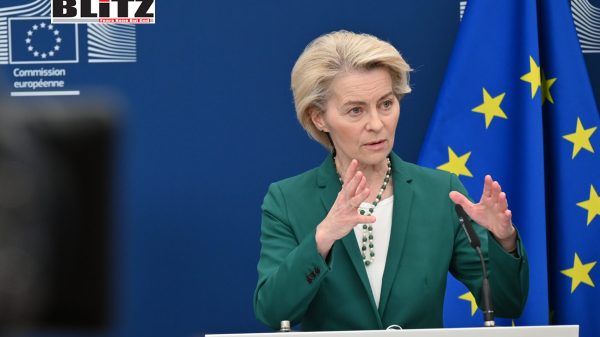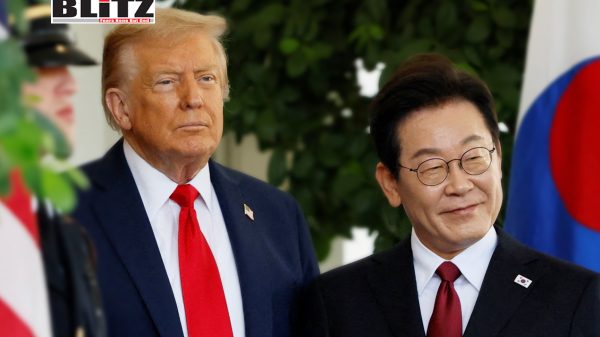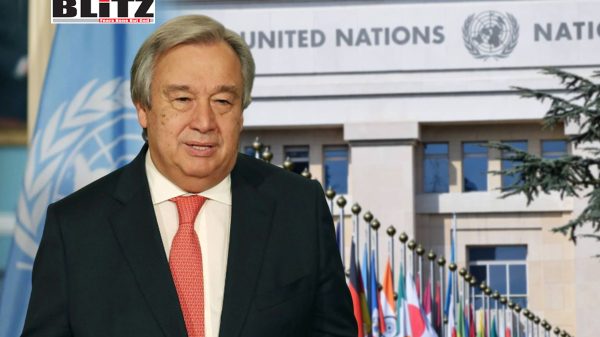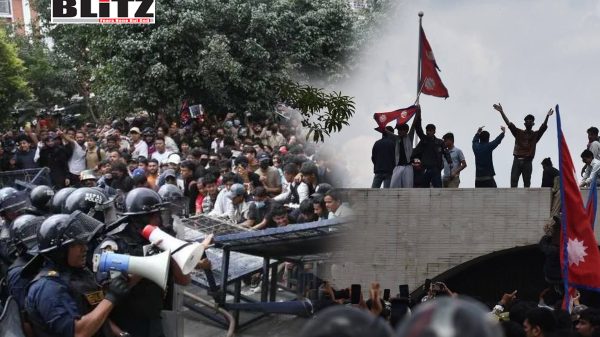Jersey probes Abramovich over suspected money laundering and sanctions violations
- Update Time : Monday, September 8, 2025
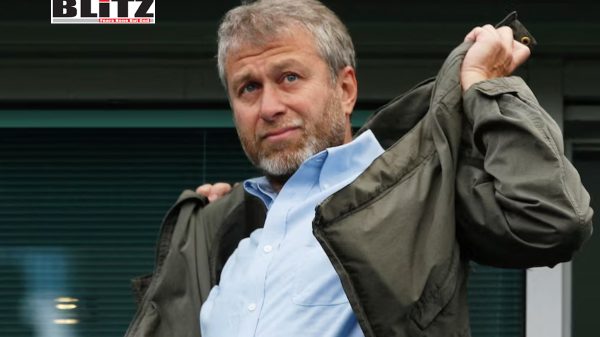
Roman Abramovich, the Russian billionaire best known for his former ownership of Chelsea Football Club, is once again at the center of international scrutiny. Jersey authorities are conducting a far-reaching investigation into suspected money laundering tied to the oligarch’s vast fortune, with recent court records revealing the flow of hundreds of millions of dollars through Swiss bank accounts and offshore companies. The probe adds a new layer to the complex financial history of Abramovich, whose wealth and political connections have long attracted global attention.
The most recent revelations stem from a series of Swiss court judgments issued in May 2024 and obtained by the Organized Crime and Corruption Reporting Project (OCCRP). The judgments show that Jersey prosecutors are investigating Abramovich in relation to payments he allegedly made in the 1990s to maintain control over the Russian oil giant Sibneft, a company he co-founded during Russia’s chaotic privatization era.
Although the judgments anonymized Abramovich as “G,” the background details – including Sibneft’s $13 billion sale to Gazprom in 2005 – left little doubt about his identity. The documents describe suspicions that “corruption payments” were made in the 1990s, after which proceeds from the eventual sale of Sibneft were funneled into accounts controlled by offshore companies linked to Abramovich, including entities registered in Jersey, Cyprus, and the British Virgin Islands.
Swiss prosecutors were asked by Jersey authorities to assist in the probe, and in 2023 and 2024 they ordered a Swiss bank to hand over records from at least three companies tied to Abramovich’s network. These companies attempted to block the release of the documents, but their appeals were rejected first by a Swiss criminal court and then deemed inadmissible by Switzerland’s Supreme Court.
The investigation highlights the sprawling offshore structures used by Abramovich and other Russian oligarchs to manage their wealth. According to the Swiss judgments, more than 20 firms and five trusts were referenced, many of them registered in secrecy jurisdictions such as Cyprus and the British Virgin Islands.
Authorities in Cyprus confirmed that they had shared information with Jersey officials, including records of bank accounts, company registrations, and trust documents obtained from the Cyprus Securities and Exchange Commission. One Cypriot law enforcement source described Jersey’s requests for cooperation as “extensive,” adding that they provided “a lot of material.”
The reliance on offshore jurisdictions underscores how the financial dealings of powerful Russian businessmen often span multiple borders, complicating efforts by regulators and law enforcement agencies to track illicit flows.
The probe takes on added significance given Abramovich’s inclusion on international sanctions lists following Russia’s full-scale invasion of Ukraine in February 2022. Like the UK, European Union, and other jurisdictions, Jersey sanctioned Abramovich in March 2022 due to his close ties with the Kremlin.
In their request for assistance, Jersey prosecutors indicated they suspect that “companies indirectly under G’s control” continued to conduct financial transactions and provide services even after sanctions were imposed, potentially violating Jersey law.
This raises the prospect that Abramovich’s financial network may have been used to circumvent restrictions, a concern that has long troubled Western policymakers trying to enforce sanctions against Russia’s elite.
Despite the mounting scrutiny, Abramovich has not been charged with any crime in Jersey. His legal representatives at the law firm Kobre & Kim issued a statement denying wrongdoing and emphasizing that their client was not a party to the Swiss proceedings.
“Our client was not a party to those proceedings and no submissions were made on his behalf,” the firm told OCCRP. “For that reason, he is not in a position to respond.”
They also pushed back against suggestions that Abramovich’s acquisition and control of Sibneft in the 1990s amounted to corruption, pointing to a 2012 English High Court ruling in a civil case involving fellow Russian billionaire Boris Berezovsky. In that case, the judge found Abramovich had made “substantial cash payments” in the 1990s to secure essential political protection – often referred to in Russia as krysha, or “roof” – but stopped short of ruling that his actions were illegal.
Lawyers for Abramovich insist that any portrayal of the judgment as proof of corruption is “misleading, false, and defamatory.”
The investigation in Jersey is more than just another legal battle for one of Russia’s wealthiest men. It reflects broader international efforts to untangle the opaque financial structures that have allowed oligarchs to shield their wealth across multiple jurisdictions.
Abramovich’s case is particularly significant given his high profile and history of navigating Western legal systems. For years, he maintained residences and business interests in the United Kingdom, where his ownership of Chelsea FC made him one of the most recognizable Russian businessmen abroad. Although he sold the club in 2022 following sanctions, his influence in business and politics remains considerable.
The current probe also highlights the role of smaller jurisdictions such as Jersey, which, while dependent on the UK for defense and foreign affairs, sets its own laws on financial regulation and corporate activity. Jersey has increasingly positioned itself as a cooperative jurisdiction in tackling money laundering and financial crime, but cases involving figures of Abramovich’s stature test its resolve.
Prosecutors face significant hurdles in proving money laundering or sanctions violations, particularly when alleged misconduct dates back decades. Much of the evidence involves financial flows through offshore entities and jurisdictions known for limited transparency. Furthermore, the geopolitical context complicates the investigation, as Western governments balance enforcement against oligarchs with the broader dynamics of relations with Russia.
Yet the case could have wide-reaching implications. If Jersey authorities were to bring charges or secure penalties against Abramovich or his network of companies, it would send a strong signal to other sanctioned individuals that their offshore structures offer limited protection.
It may also encourage greater coordination among jurisdictions like Switzerland, Cyprus, and the UK in sharing financial intelligence, an area that has historically been hampered by differing laws and levels of transparency.
Roman Abramovich’s financial empire has long been a symbol of the intertwining of wealth, politics, and power in post-Soviet Russia. The Jersey investigation, while still ongoing, sheds light on how billions of dollars moved through a complex network of companies and banks – and raises fresh questions about whether those structures were used to launder money or evade sanctions.
For now, Abramovich continues to deny any wrongdoing, and no charges have been filed. But the case underscores how the fortunes of oligarchs who once seemed untouchable are increasingly vulnerable in a world where financial secrecy is under growing attack.


